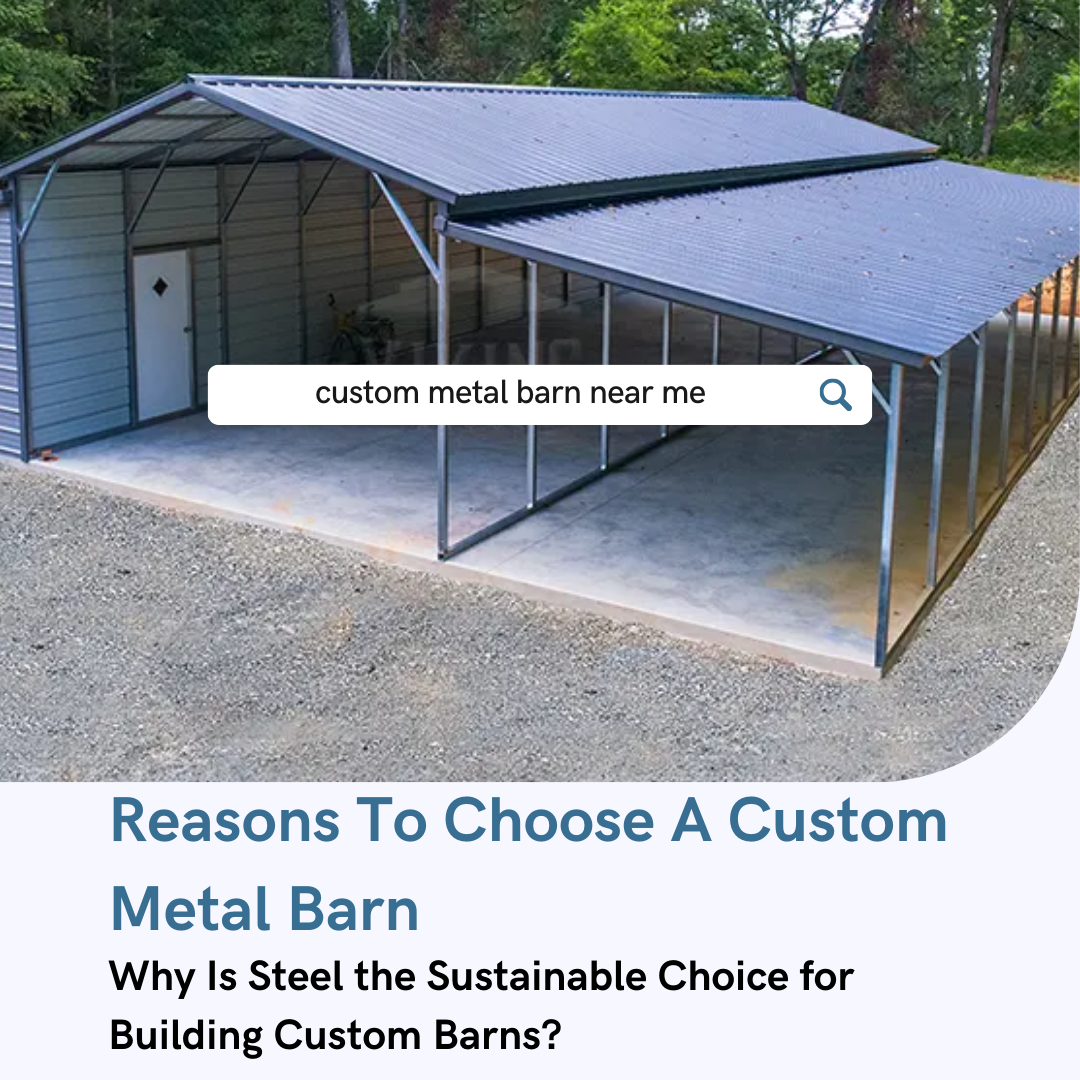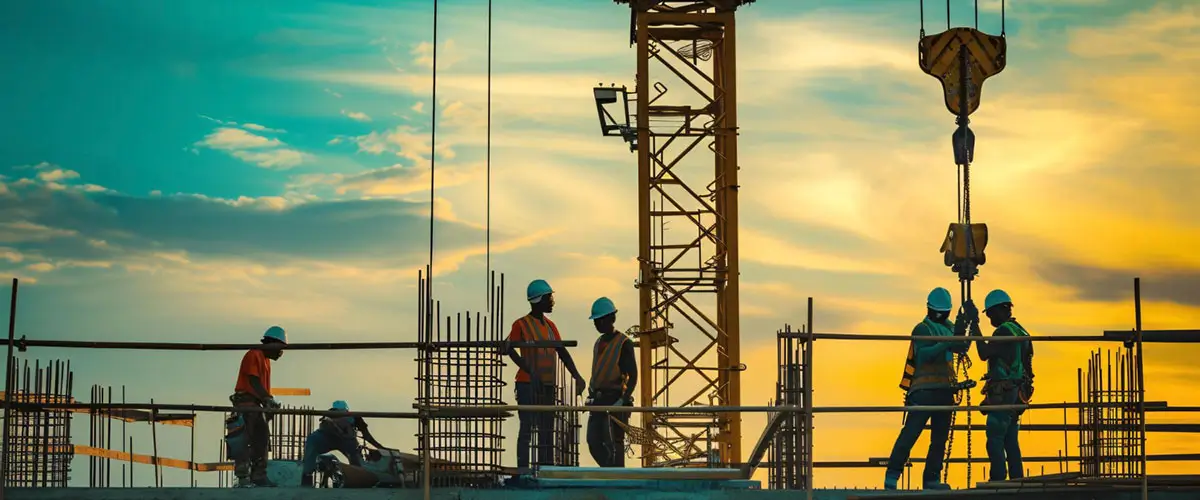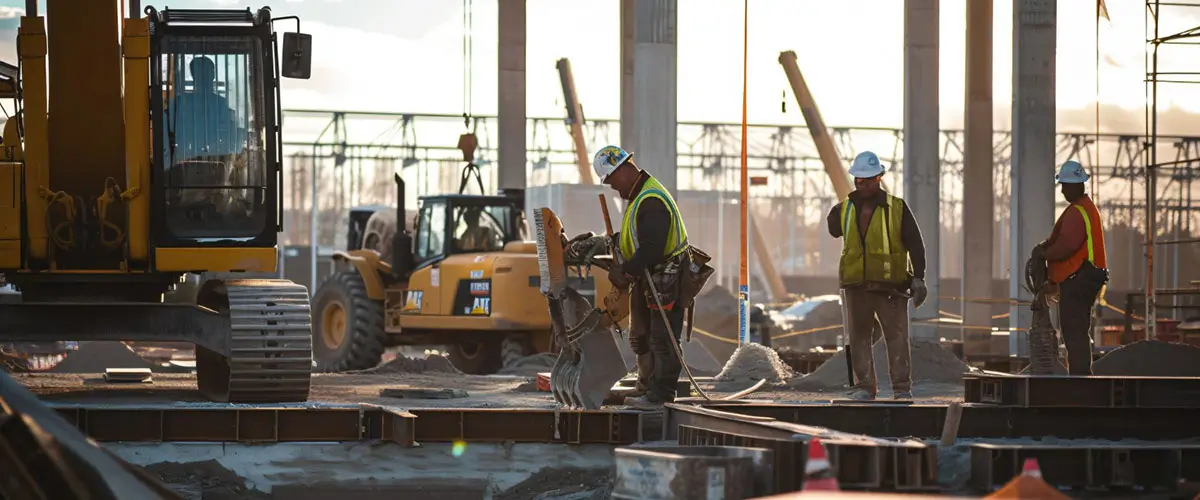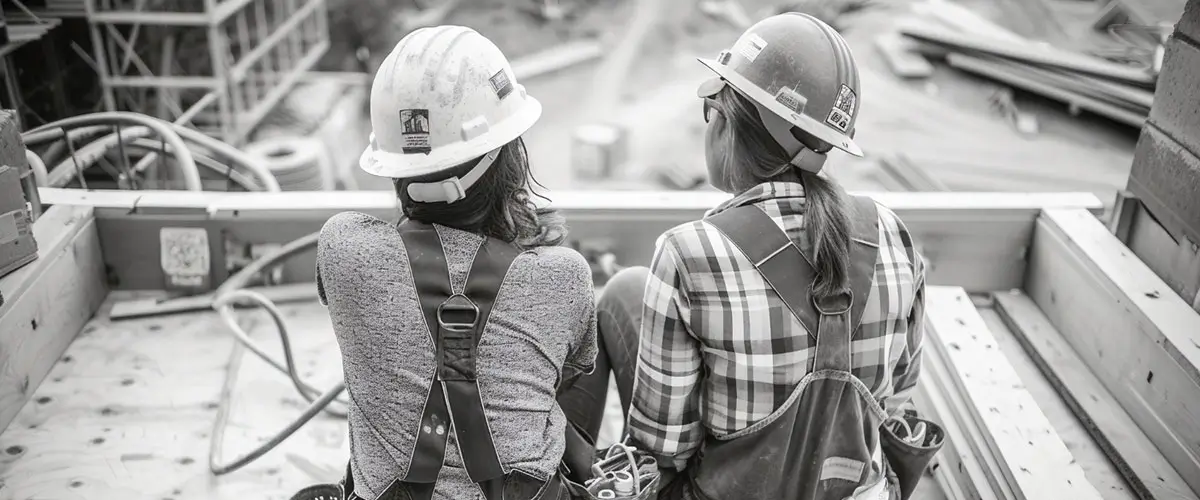How Trump’s Tariffs will Impact Construction Companies?
Donald Trump’s return to the White House has generated an enormous amount of talking points. But none of the president’s policies have generated more discussion than Trump’s controversial tariffs. Here, we take a look at how Trumps tariffs / Donald Trump’s opinion-splitting tariffs will impact the construction industry.
What Are Trump’s Tariffs?
After being much discussed throughout his election campaign, Donald Trump has finally imposed his much-discussed trade tariffs. It has left many people discussing the likely impacts on businesses and the American people. Others are still wondering what on earth all the fuss is about.
If you’re still a little unclear on what the trade tariffs are all about, it’s important to understand Trump’s aim. Ultimately, the American president wants to keep the manufacturing of American products inside the US. According to the White House, America’s share of the global manufacturing market fell from over 28% in 2001 to less than 18% in 2023.
To succeed in this aim, Trump has simply made it more expensive for American companies to do business with those from outside the US by adding an extra cost on imported goods. The cost will vary depending on which nation the goods are being exported from. As has been much discussed, China has felt the full force of Trump’s wrath with a whopping 34% tariff being introduced. In addition to this, EU nations are subject to a 20% tariff while a baseline 10% has been introduced for the majority of nations, including the UK and Australia.
The tariffs act as somewhat of a deterrent to importing goods from outside the US, with the aim being to make domestic products cheaper and subsequently more attractive. It remains to be seen if it will all go to plan for Trump as debate rages on about how other nations will respond and retaliate to Trump’s new tariffs.
How Will Trump’s Tariffs Impact Construction Companies?
-
Rising Costs
The obvious impact will be cost implications. There are many American companies in the construction industry that rely on foreign imports from China, and given the 34% tariff, this will send costs soaring. For firms that import goods into America and export goods out of the country, the quickest solution could lie in increasing prices to counteract the tariffs. If this is the case, then it won’t just be construction companies inside the US that see their costs rise, but those from outside the States with which they do business.
-
Rising Prices for Consumers
If companies are subjected to increased costs, there’s a strong chance that this will be picked up by the consumer. Apple has negotiated exemptions from the tariffs on the grounds that the tariffs would hike production costs, which would likely hike the cost of an iPhone for American consumers.
-
Less Business For Foreign Companies
As discussed, the aim of Trump’s tariffs is to keep manufacturing and production inside America, and if it becomes too expensive for American companies to import goods into the country, this will likely be the case. The obvious impact is the reduced business that foreign companies will experience as a result. For those businesses that rely heavily on the US for a major proportion of their revenue, they will be left needing to find other revenue streams to replace the revenue lost as a result of Trump’s tariffs.
-
Small Business Failures
A lot of businesses that rely on international imports from countries like China are small businesses looking to take advantage of the lower costs of production. The tariffs will undoubtedly hit these businesses the hardest, with many being left in search of ways to avoid increasing costs.

In the long term, it could prove to be too much for small businesses that play an important role in America’s economy. If so, it could also make the allure of following an entrepreneurial career less appealing than it currently is.
-
Share Price
One of the first implications of the tariffs was a decrease in the share price of many large construction companies, both inside America and overseas. Balfour Beatty, a British construction firm, experienced an extremely sharp decline at the beginning of April, with the tariffs being cited as a reason why.
It remains to be seen if the tariffs will be a success or not, but many will look to the stock market to measure their success. If companies aren’t able to recover in terms of share price, many predict that the construction industry will be hit with job losses across the world.
-
Project Delays
If there is one thing Trump’s tariffs have generated in the construction industry, it’s uncertainty. At the very least, it has left a need for conversations between parties. At worst, it has left projects being delayed or cancelled as a result of confusion around which party picks up the cost.

-
Trade Wars
In recent weeks, TikTok was flooded with videos from Chinese manufacturers claiming to expose the secrets of high-end fashion brands, which are so popular with American consumers. The videos claimed that high-end goods were being manufactured in China before being sent to other countries for minor adjustments, which then allowed luxury brands to claim that their goods were manufactured outside of China.
This is probably the tip of the iceberg in terms of retaliation, and it’s expected that we could see a full-scale trade war break out between the United States and other countries that have been hit hard by the American tariffs.
This could bring a whole new world of problems for American businesses. While American businesses are able to navigate Trump’s import tariffs by switching to American manufacturers, similar tariffs from overseas could be unavoidable and cause costs to spike.

How Construction Companies Can Protect Themselves Against Trump’s Tariffs?
-
Special Exemptions
While small and even medium-sized businesses can’t expect any special treatment from the White House, global corporations do have a bit of pulling power. As already pointed out, Apple CEO Tim Cook has negotiated exemptions from Trump’s China tariffs, and it’s expected that many other leading companies will try to follow suit. For the world’s biggest construction firms, trying to secure individual terms may be a good route, but this is obviously reserved for businesses that are contributing enormously to the American economy.
-
Consider Choice of Materials
Alongside exemptions for major brands, certain raw materials are also exempt from Trump’s tariffs. Materials such as copper, zinc and lithium will receive special treatment to help support American manufacturers. This is great news also for the construction industry, with many businesses relying heavily on imported raw materials.
-
Clear Contracts
With the tariffs causing delay and confusion within the industry, it’s important that construction companies have clear contracts outlining who is responsible for any added costs as a result of the tariffs. Whether it’s a plant hire firm importing machinery from abroad or a real estate developer negotiating project costs, it’s imperative that both sides are clear about which party will be absorbing the added costs of any future tariffs.










